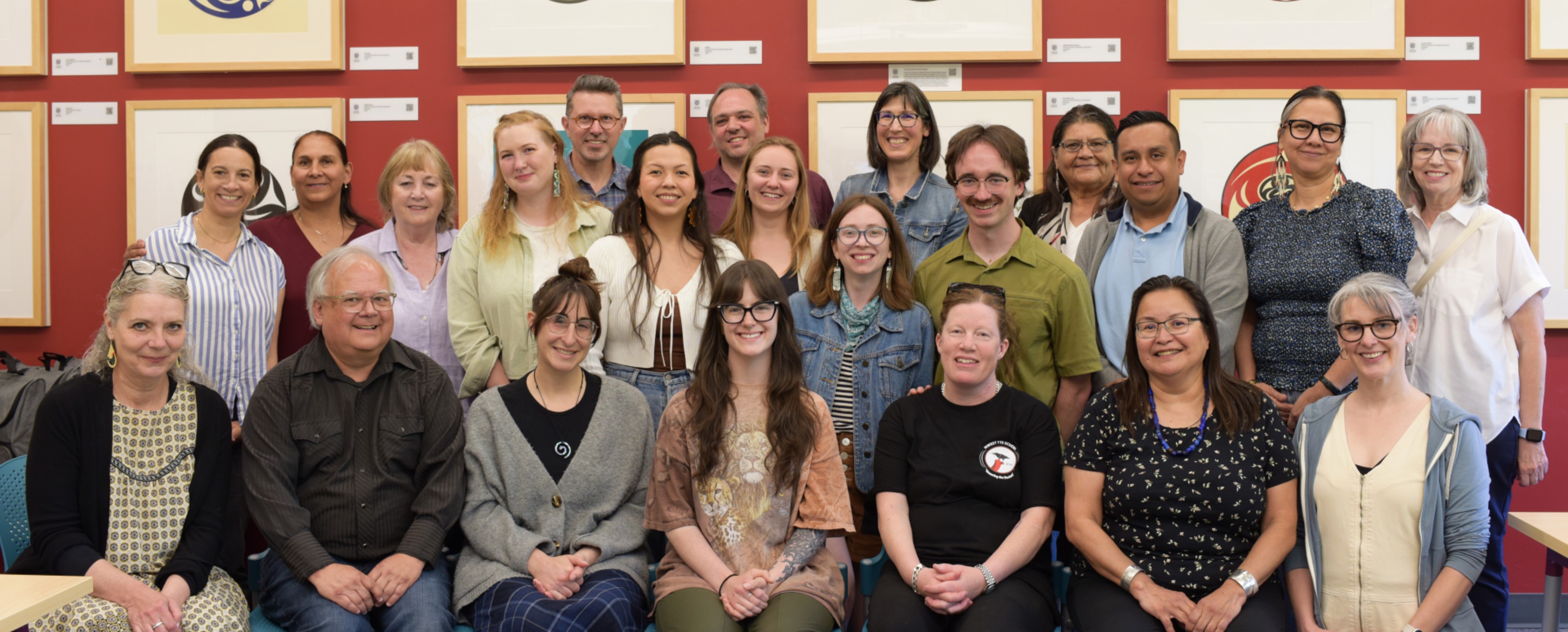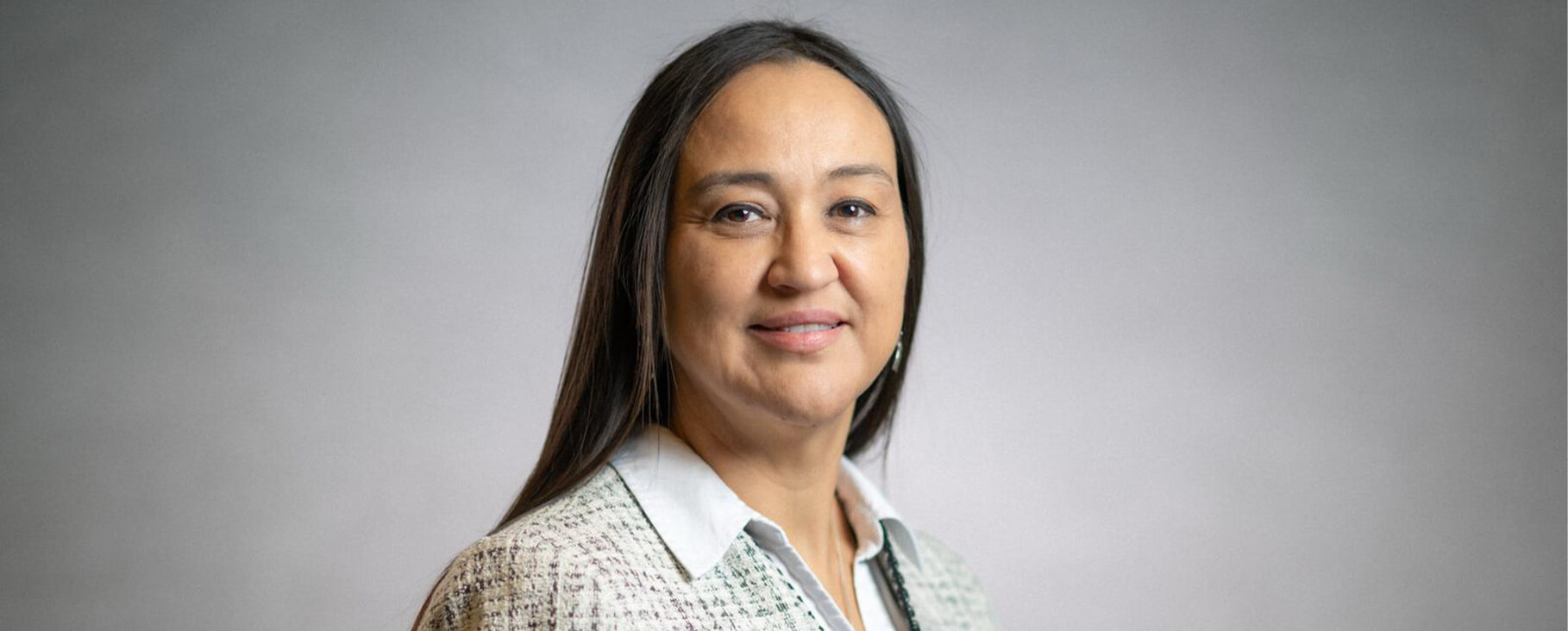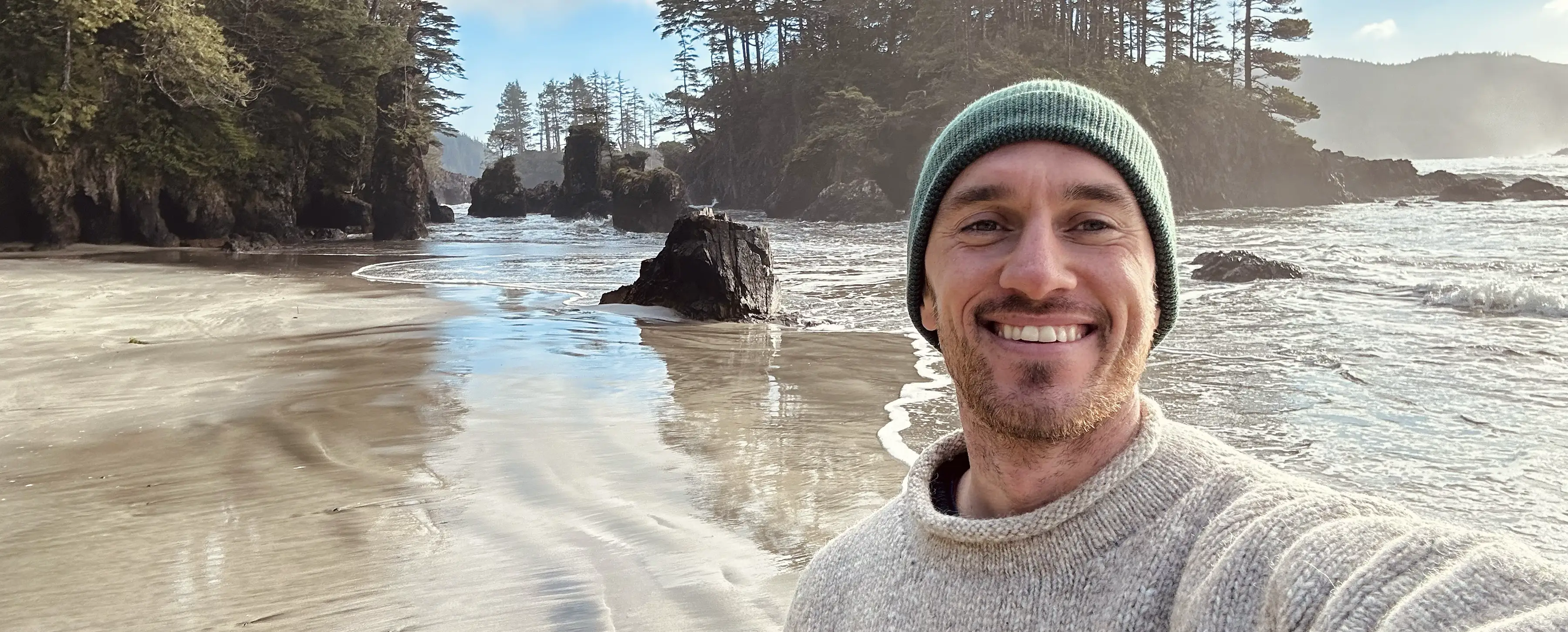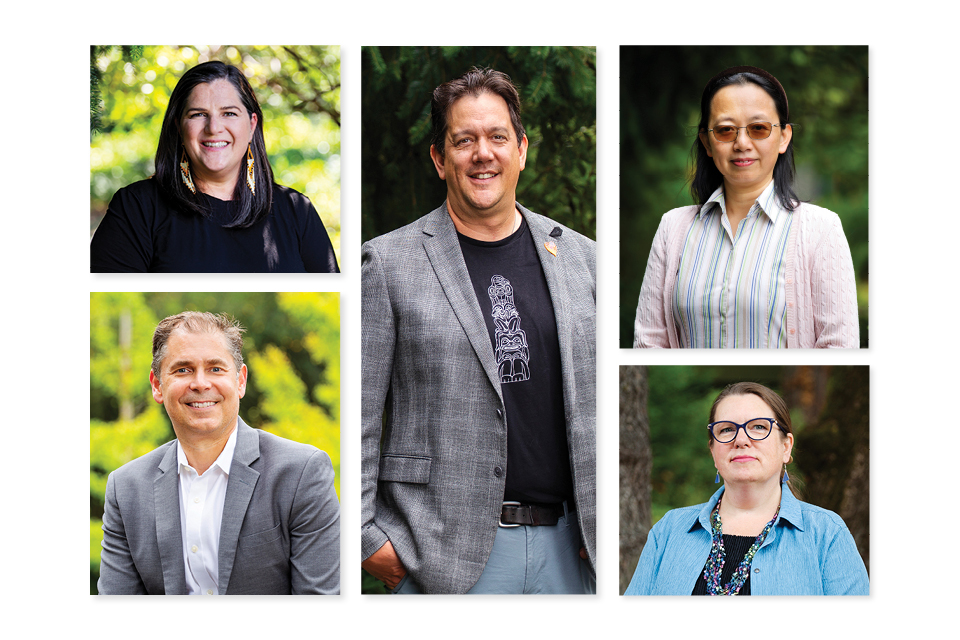On May 7, 2025, the Faculty of Education at the University of Victoria marked a milestone: the first graduating cohort of the Bachelor of Education – Indigenous Post-Degree Professional Program was honoured in a heartfelt ceremony that celebrated both achievement and transformation.
This moment was more than a graduation—it was the realization of a vision to reimagine teacher education in Canada. The program, designed to center Indigenous worldviews in the heart of classroom practice, represents a profound shift in how K-12 teachers are trained to engage with Indigenous perspectives.
Our goal was to create a teacher education program where students learn about and engage deeply with Indigenous perspectives as they relate to teaching and learning. We’re not just tweaking what exists—we’re building something new, something necessary. We’re trying to break open the way teacher education is done, so Indigenous worldviews become the foundation for how we enter the work of teaching and learning.”
— Dr. Jean-Paul Restoule, Chair, Department of Indigenous Education
Answering the call for change
Developed in direct response to the urgent needs of Indigenous communities and school districts, the 20-month program welcomes both Indigenous and non-Indigenous teacher candidates. It challenges colonial norms in education and equips graduates to teach the BC curriculum through the lens of Indigenous knowledge systems, languages, and pedagogies.
“Our advisory board told us clearly,” said Restoule. “Our schools need teachers who can take up this work. And we cannot keep waiting.”
The program also directly supports the university’s Indigenous Plan 2023—Xʷkʷənəŋistəl | W̱ȻENEṈISTEL, or “Helping to Move Each Other Forward,” by embedding Indigenous perspectives, values, and priorities into teacher education. It helps fulfill the plan’s call for greater cultural competency, equity, and community partnerships within and beyond the university.
“The most incredible educational experience of my life”
From land-based learning with Elders to immersive cultural experiences in local communities, students engaged with Indigenous knowledge systems in ways that were relational, embodied, and deeply transformative. Courses emphasized connection and cultural significance, offering students a unique educational journey to shape their teaching practice.
This has been hands-down the most incredible educational experience of my life. This program helped me overcome the fear of doing something wrong and reframe mistakes as an essential part of growth and learning. I feel prepared to approach teaching with good intentions and much more humility.”
— Robyn Welsh, class of 2025
This program has been an enduring gift to my growth as a human. Having deepened my understanding of responsibility, storytelling, resilience, and joy, I feel empowered to be a leader for positive change and to stand up for reconciliation and justice with Indigenous communities and the world.”
— Claire Majors, class of 2025
A collective achievement rooted in hope
This inaugural cohort took a courageous step by choosing to enroll in a brand-new program—demonstrating trust, adaptability, and a shared belief in the importance of doing things differently. United by a collective hope, they embraced a bold vision for reconciliation through education. As they step into their careers, they are prepared to guide the next generation so that we may all be equipped to thrive in a ‘VUCA’ world—one marked by volatility, uncertainty, complexity, and ambiguity.
During the gathering, then Dean of Education Dr. Vanessa Andreotti offered words of encouragement and guidance to the graduating class, reminding them to move with good hearts and intentions as they navigate their new roles as teachers:
Teaching in a VUCA world requires courage—not just to face the unknown, but to lead others through it with empathy and insight. Approach this not as a barrier but an invitation— to explore, to question, and to inspire critical thinking in your classrooms.”
— Dr. Vanessa Andreotti, then Dean, Faculty of Education
Associate Professor Dr. Carmen Rodriguez de France also offered heartfelt gratitude to the faculty, staff, Elders, communities, and students who brought the program to life.
This work takes hours and hours—of coordinating, reshaping, negotiating bureaucracies, and above all, believing. And yet, teaching is one of the most beautiful and hopeful things we can do. As educators, we carry the responsibility of walking carefully in the world, of paying attention to how we care for ourselves and each other, and of being part of systems that aspire to decolonize.”
— Dr. Carmen Rodriguez de France, Associate Professor, Indigenous Education
The second cohort of students are set to begin the program in September 2025.
Learn more about the Bachelor of Education – Indigenous Post-Degree Professional Program.



